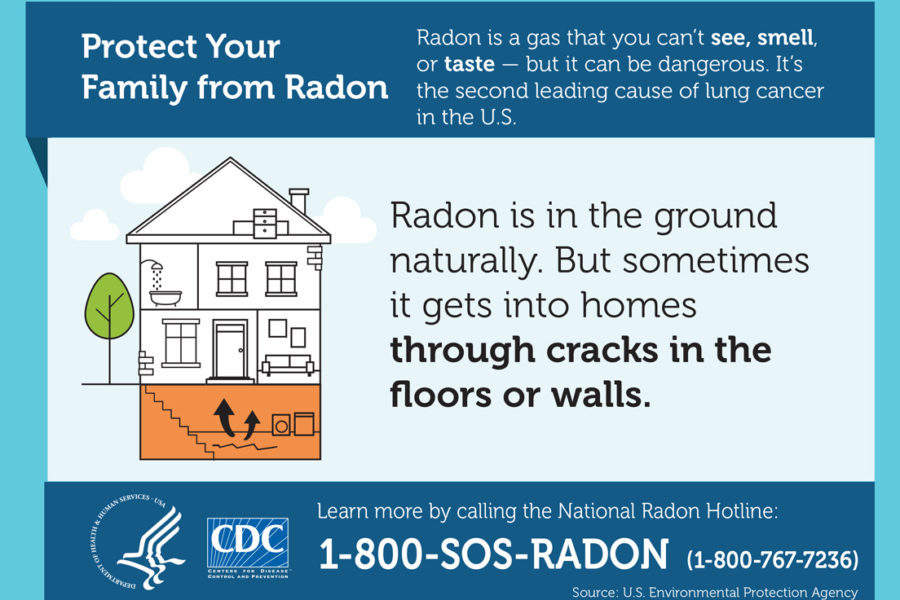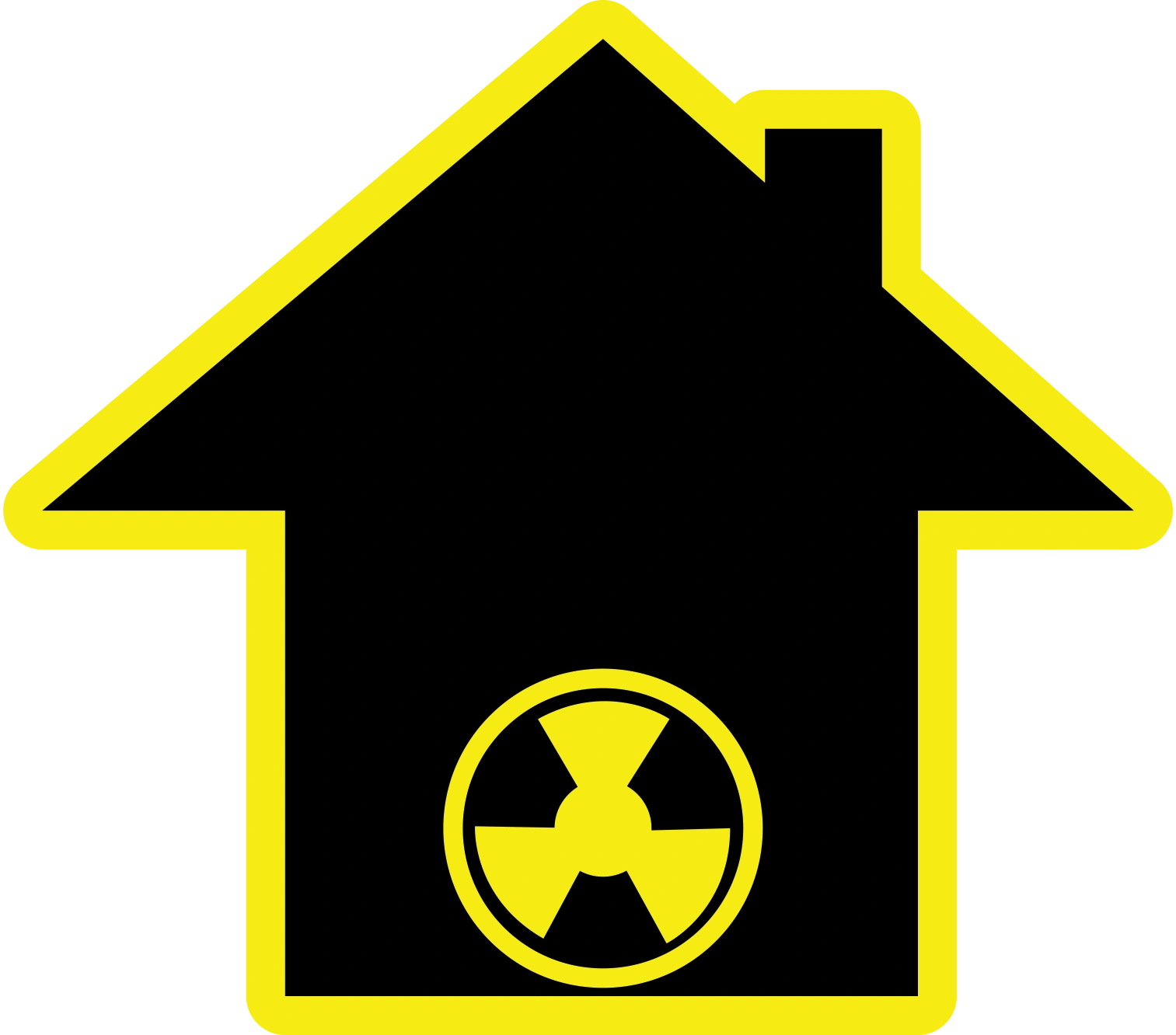Radon Protect Yourself And Your Family

Protect Yourself And Your Family From Radon Chc Creating Healthier Communities Radon is a contaminant that affects indoor air quality worldwide. according to the united states environmental protection agency (epa), radon is the second most frequent cause of lung cancer, after cigarette smoking, causing 21,000 lung cancer deaths per year in the united states. Long term exposure to high levels of radon can be dangerous to your health. learn where you’re likely to find high levels of radon, how to test for it, and how it can impact your health.

Radon Can Be A Silent Killer Protect Yourself And Your Loved Ones By Testing Your Home Az Radon is a naturally occurring radioactive gas that can cause lung cancer. you can’t see or smell radon. testing is the only way to know your level of exposure. radon can have a big impact on your health and indoor air quality. all homes should be tested for radon. At levels of 4,000 pci l or higher you should consider action beginning with reviewing your total radon risk (from radon in air and water). as your radon level in water gets closer to 10,000 pci l, you need to more strongly consider installing treatment. Radon is an odorless and invisible radioactive gas naturally released from rocks, soil, and water. radon can get trapped inside homes and buildings, and build up in the air. over time, breathing in high levels of radon can cause lung cancer. all outdoor and indoor air has some radon in it. Radon is a radioactive substance, which means it emits radiation (a type of energy). radiation can damage your cells, leading to cancer. experts estimate that radon exposure is the second most common cause of lung cancer (the first is smoking).

Protect Yourself From Dangerous Radon In Your Home Radon is an odorless and invisible radioactive gas naturally released from rocks, soil, and water. radon can get trapped inside homes and buildings, and build up in the air. over time, breathing in high levels of radon can cause lung cancer. all outdoor and indoor air has some radon in it. Radon is a radioactive substance, which means it emits radiation (a type of energy). radiation can damage your cells, leading to cancer. experts estimate that radon exposure is the second most common cause of lung cancer (the first is smoking). Radon in maine is a significant health concern that often goes unnoticed due to its odorless and colorless nature. this naturally occurring radioactive gas can seep into homes and buildings from the soil, leading to potentially high radon levels in maine. The indoor radon abatement act of 1988 (public law 100 551) directed the epa to identify areas of the united states that have the potential to produce harmful levels of indoor radon, based on geological data and on indoor radon levels in homes and other structures. Radon is a natural radioactive gas that can cause cancer. you can’t see, smell or taste it, but radon may be in your home. according to the environmental protection agency (epa), radon is the first leading cause of lung cancer in nonsmokers and the second leading cause of lung cancer in smokers. Information about how radon gets into your home, how it affects you, and how to reduce it.

Get Your Radon Test Radon in maine is a significant health concern that often goes unnoticed due to its odorless and colorless nature. this naturally occurring radioactive gas can seep into homes and buildings from the soil, leading to potentially high radon levels in maine. The indoor radon abatement act of 1988 (public law 100 551) directed the epa to identify areas of the united states that have the potential to produce harmful levels of indoor radon, based on geological data and on indoor radon levels in homes and other structures. Radon is a natural radioactive gas that can cause cancer. you can’t see, smell or taste it, but radon may be in your home. according to the environmental protection agency (epa), radon is the first leading cause of lung cancer in nonsmokers and the second leading cause of lung cancer in smokers. Information about how radon gets into your home, how it affects you, and how to reduce it.
Comments are closed.